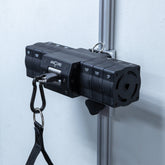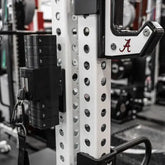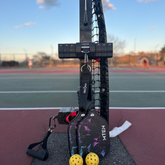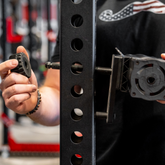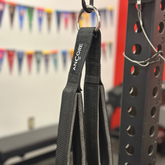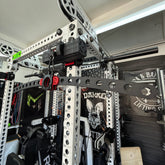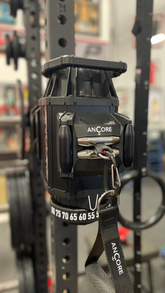#1 We Were Both Building Cables Machines in the Same City – But 100 Years Apart
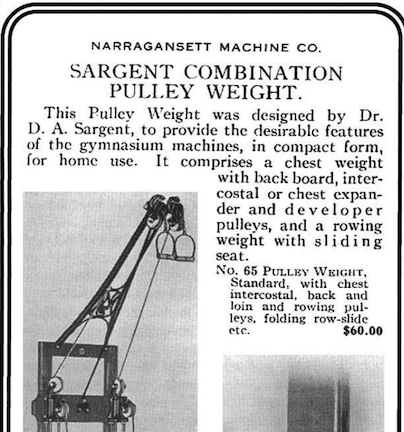
I went from casually interested in history to obsessed with it in just one day. I used to wonder how human stories survived over time and were recorded at all. It turns out, it’s simpler than I thought. Let me break it down for you, so you don’t have to waste time figuring it out.
History is about documentation. The main technique? Whoever documents events in the most durable way wins. Was it etched in sand or stone? If it was in stone, it survived longer. Unrecorded history is lost history. The more something is documented in a lasting form, the more likely it is to be passed on. That’s why we know so much about the Romans and Greeks—they recorded everything. It’s straightforward, but think about how much of history is lost forever simply because no one wrote it down.
How many days from last year can you recount in detail? Probably not many. It’s not because time moves faster—it’s because we forget most of it. That’s why "time flies."
This applies to training techniques or equipment, too. Ever notice how something suddenly gets popular and you think, “Weren’t they doing this over 50 years ago?” Even if it was documented back then, most people haven’t come across it because not everyone reads history. Most things aren’t new, but few people have the full context. We shape our perspective based on a tiny slice of the past. I was stunned to learn there was a man over 100 years ago, in the same city I live in today, building cable machines to improve how people train. That completely exposed how little I knew.
So, learn to document your life and your lessons. And read others' accounts of the past. That’s it.
Inspiration References: Morgan Housel, Matthew Dicks
By: Isaac Lewis, October 2024
















